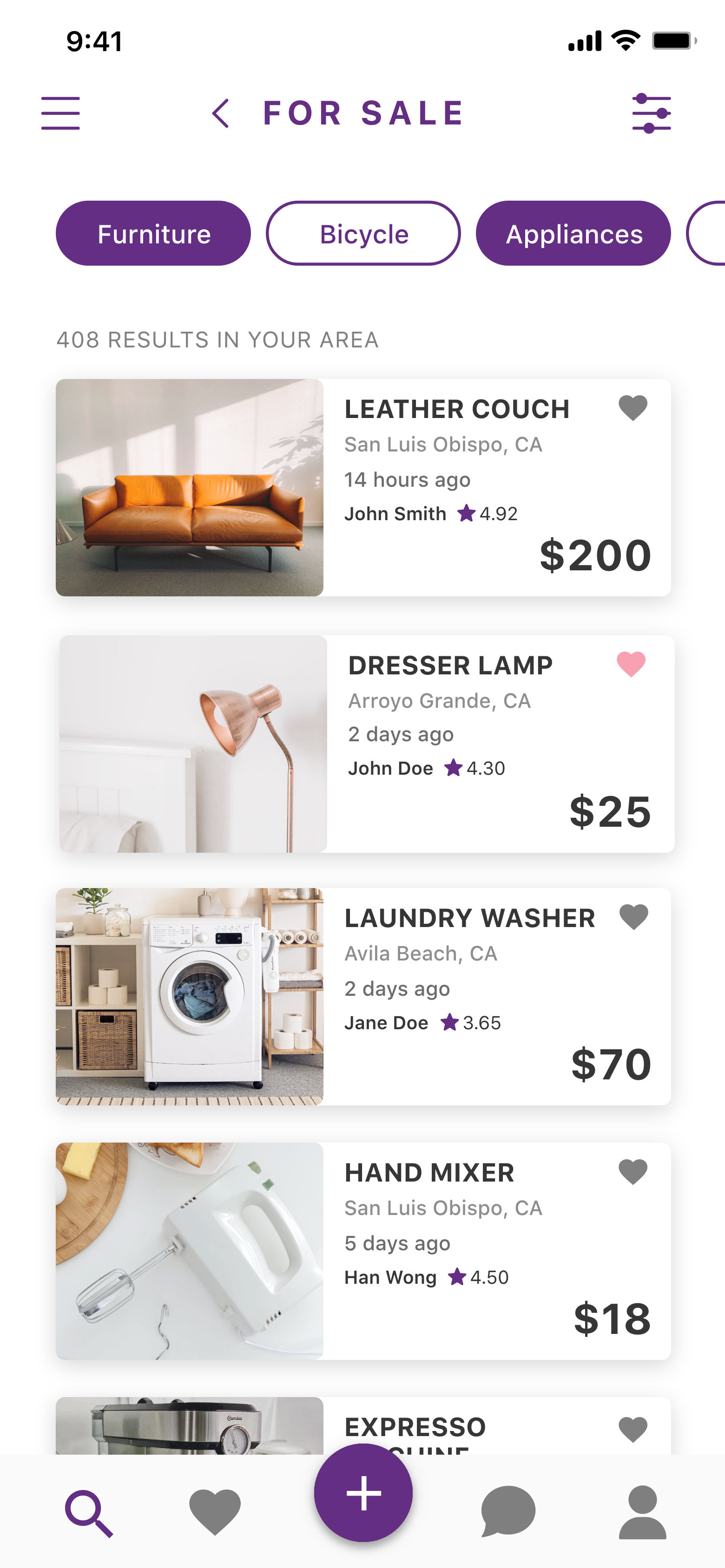“we're working at totally cross purposes,” observes new york psychologist april lane benson, author of to buy or not to buy: Why we overshop and how to stop. “we're both looking at triggers, but marketers want people to buy mindlessly, and we want people to buy mindfully. ” The brain is easily tricked when it comes to getting a good deal. Bargain shopping and discount prices can actually end up being expensive. The psychology of a bargain. Adele miner considers why we all love a good bargain so much, and how best to protect ourselves when buying Consumer psychologist dr dimitri tsivrikos told the bbc in 2013: Brain studies have shown that when we are excited by a bargain, this interferes with your ability to clearly judge whether it. Loss aversion refers to the idea that we feel more strongly about losses than gains. Yes, as the title says, we all love a bargain. This marketplace article (and audio) explains why: There is a psychological aspect to this, too. Finding deals can make people feel good. For some shoppers, it’s about the thrill of the hunt. What’s behind the psychological need for getting a bargain? How does “scoring a deal” make people feel? What’s really motivating bargain hunters, and how dedicated are people to saving money? By the end of the day, you can check some things off your shopping list and feel good about the bargains you were able to find, all while maintaining your sanity. Life is full of tradeoffs between benefits and costs. Sometimes, the benefits are worth the costs. The deals certainly help, but there are a few deeper psychological reasons why black friday creates a perfect storm of consumerism. Here, print and marketing operators solopress outline five psychological principles that help to explain why we may get a little carried away with black friday deals. We love a ‘deal’.
